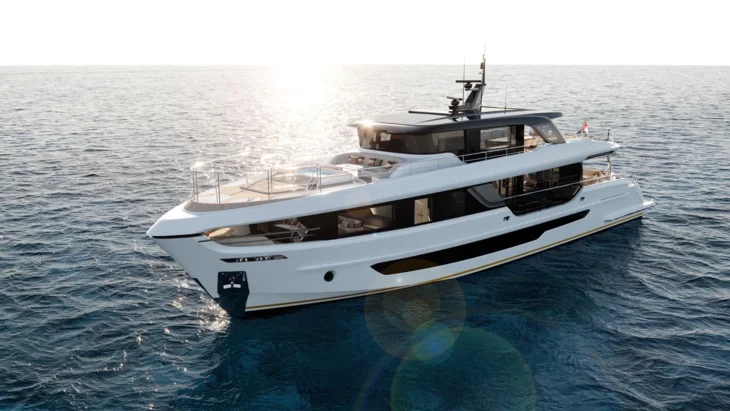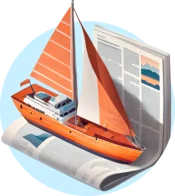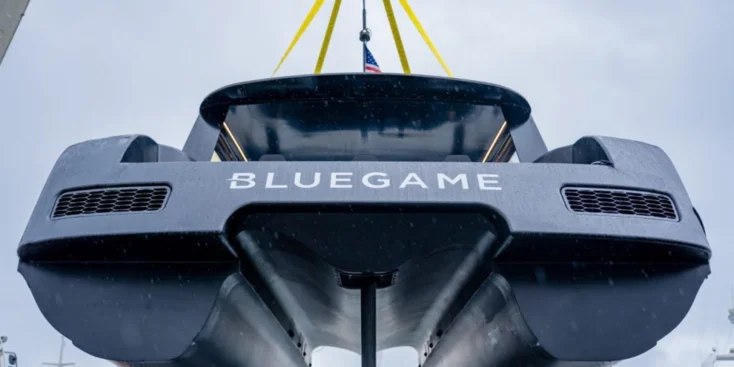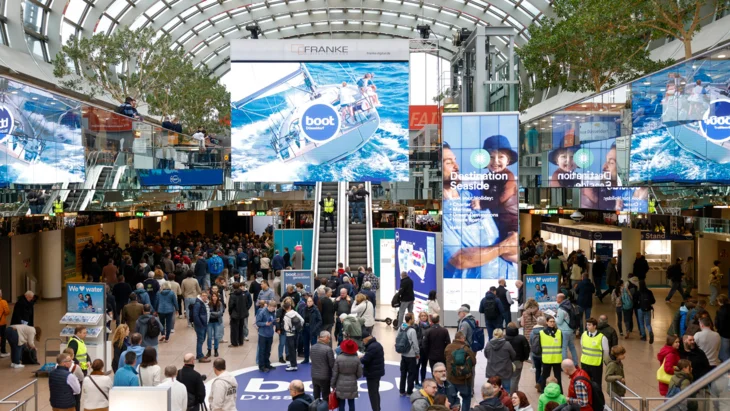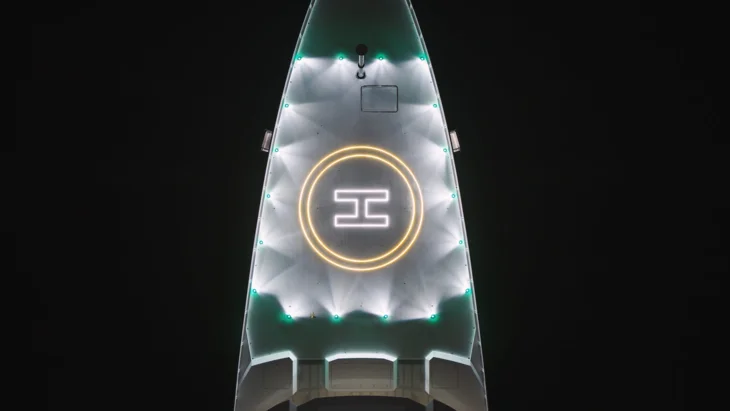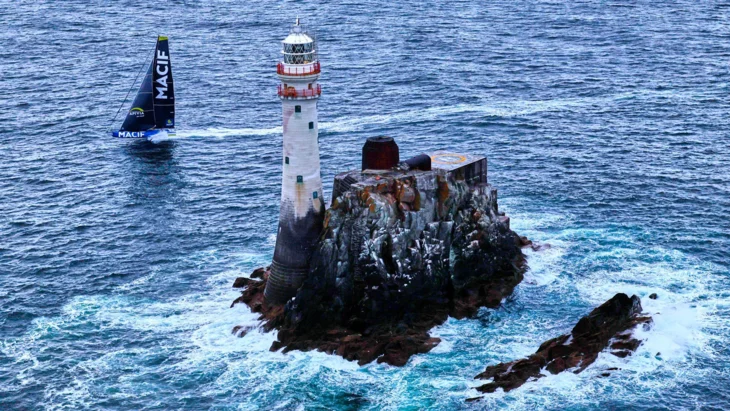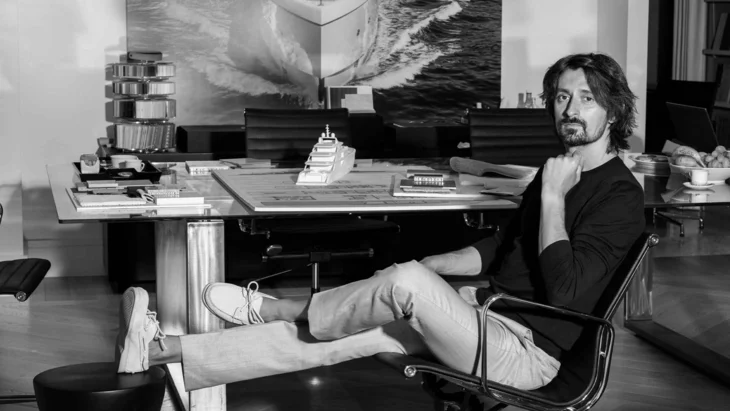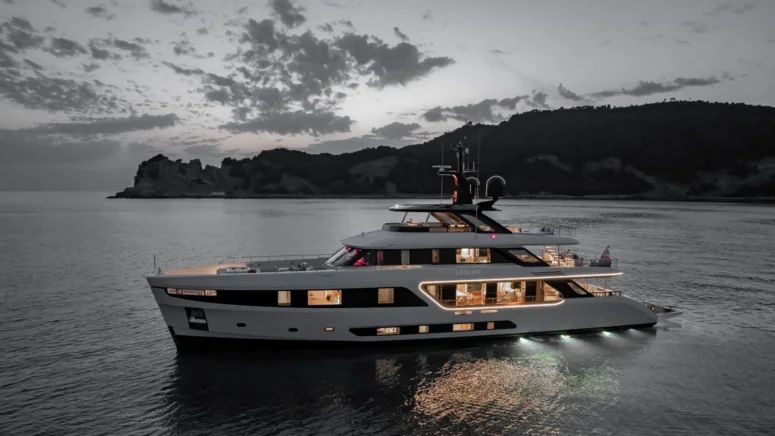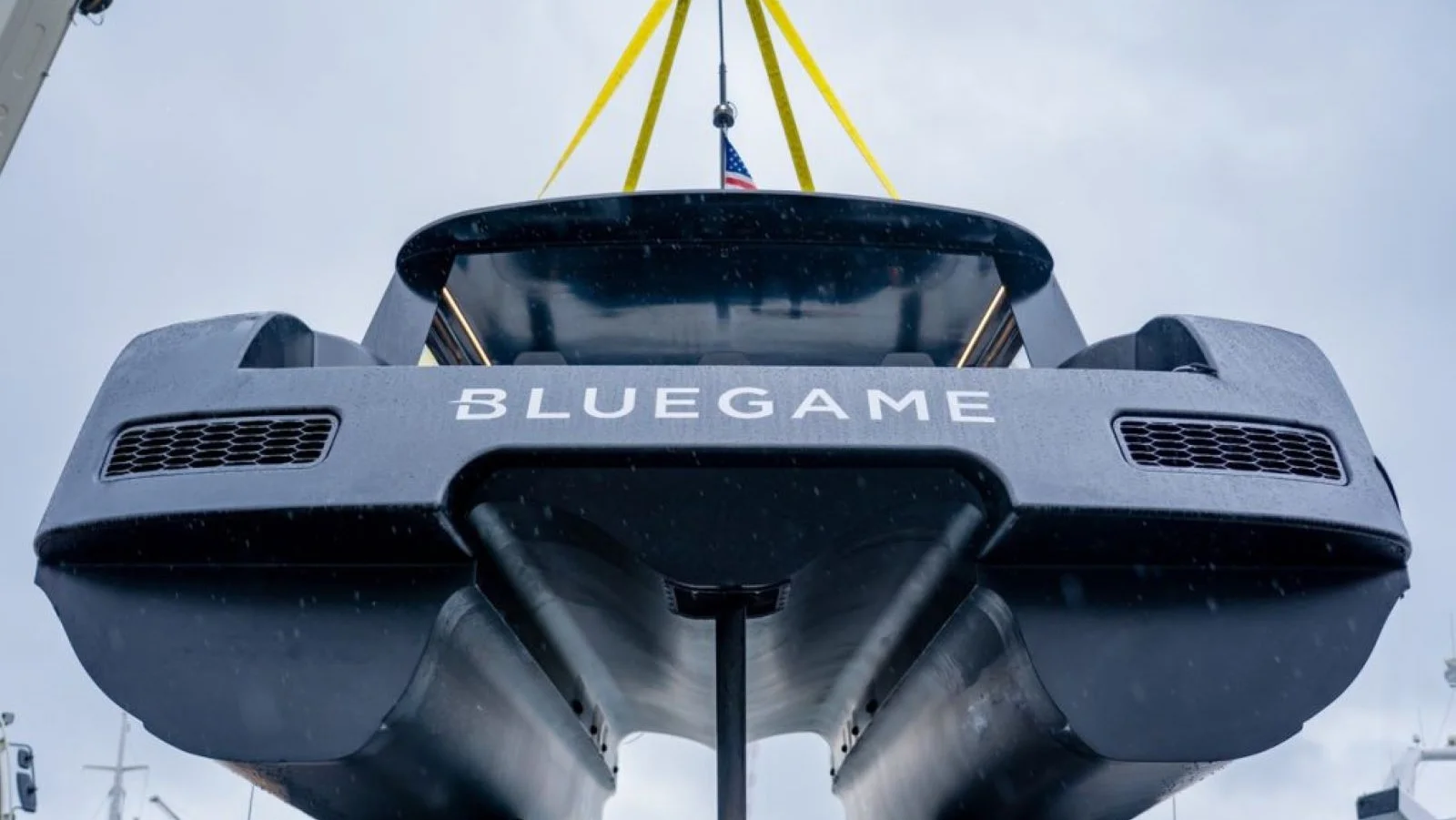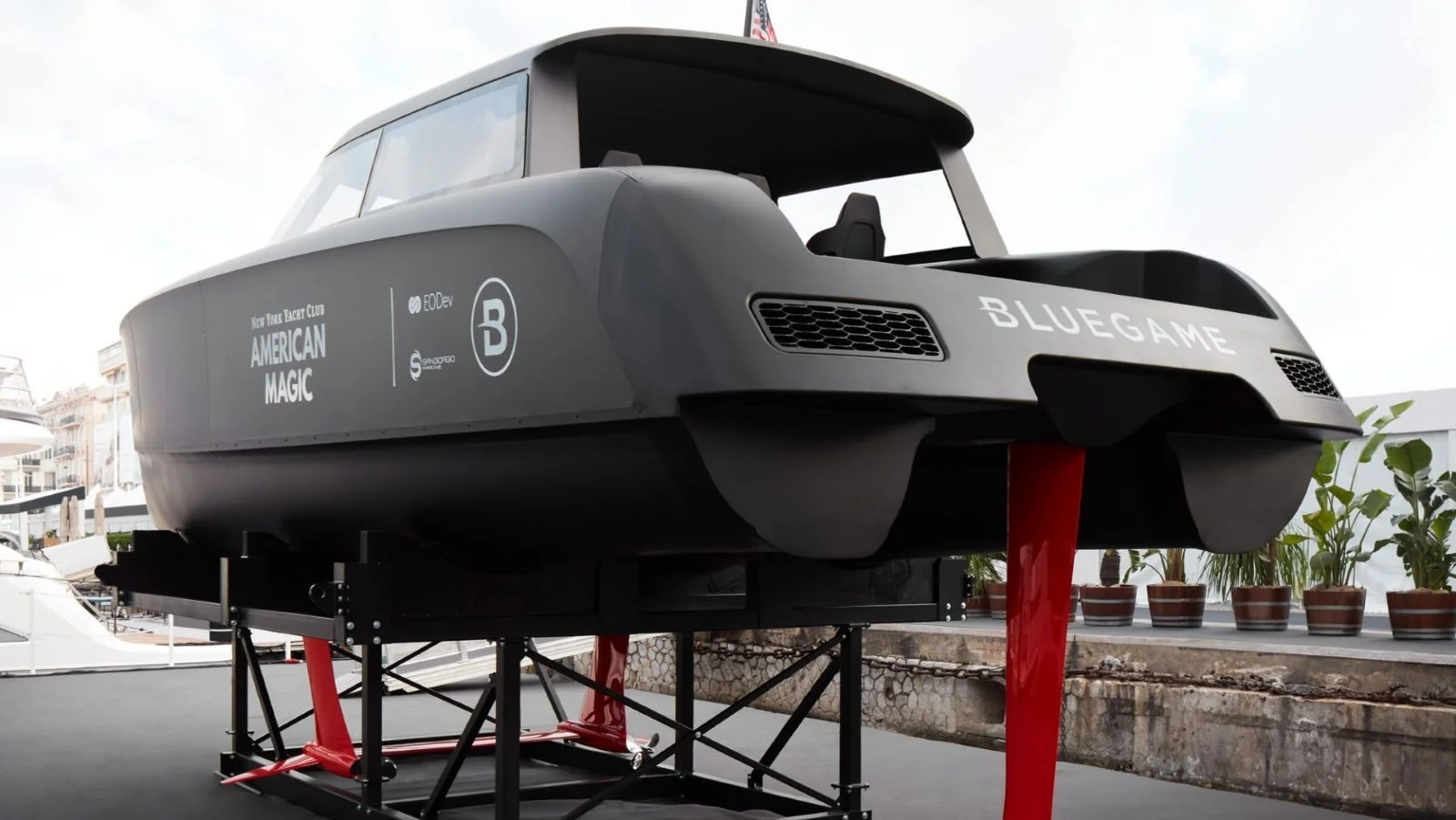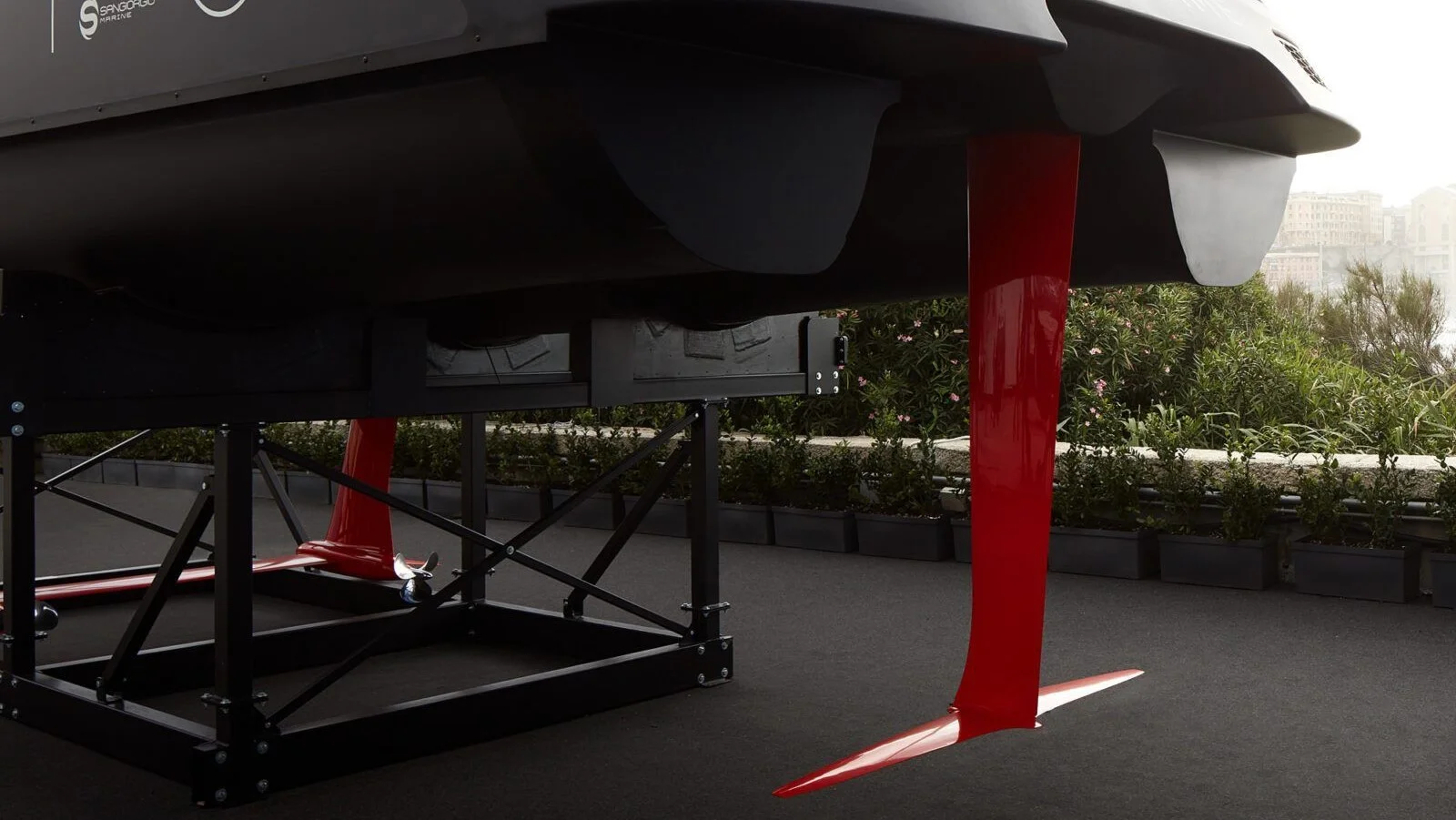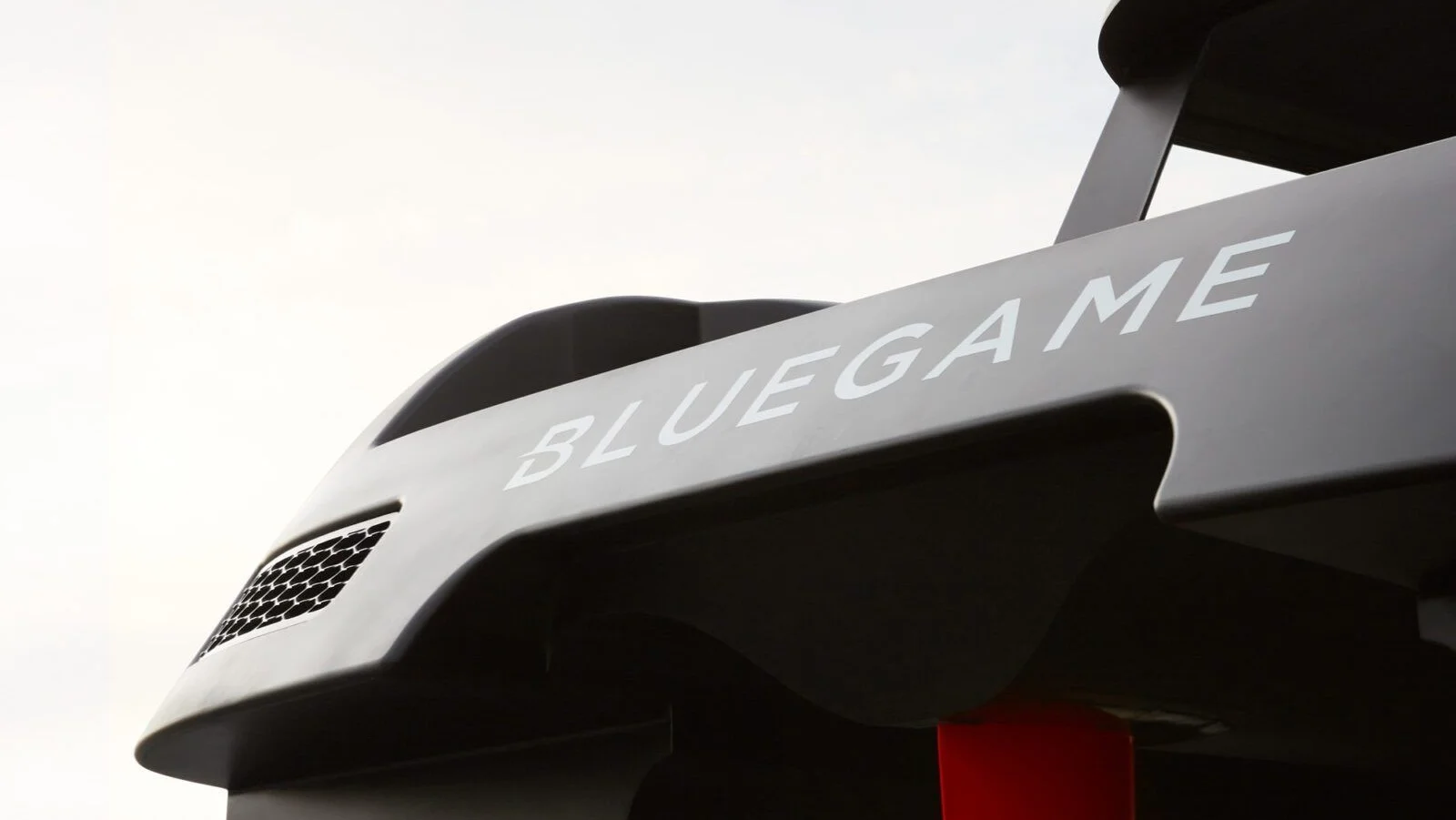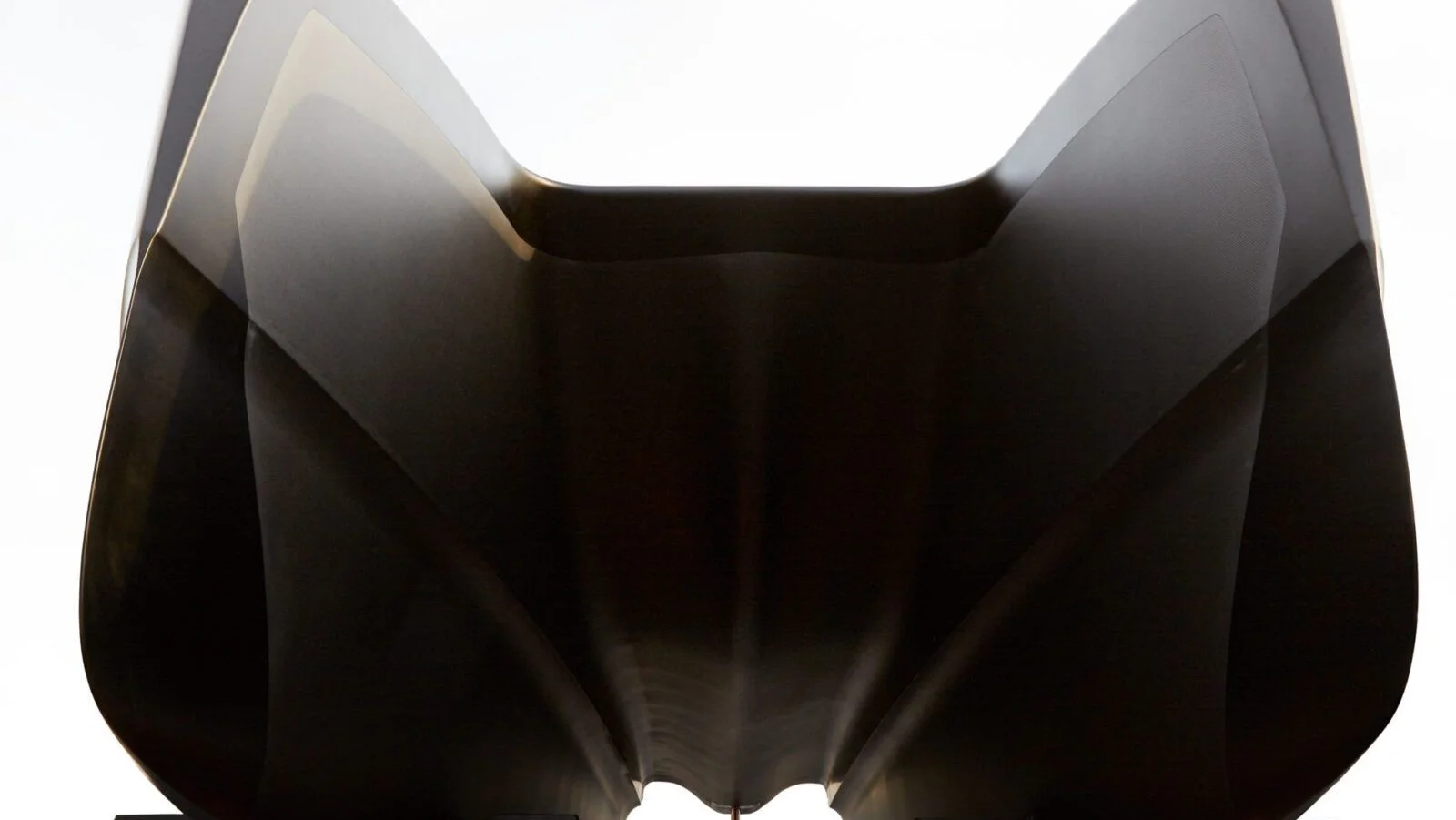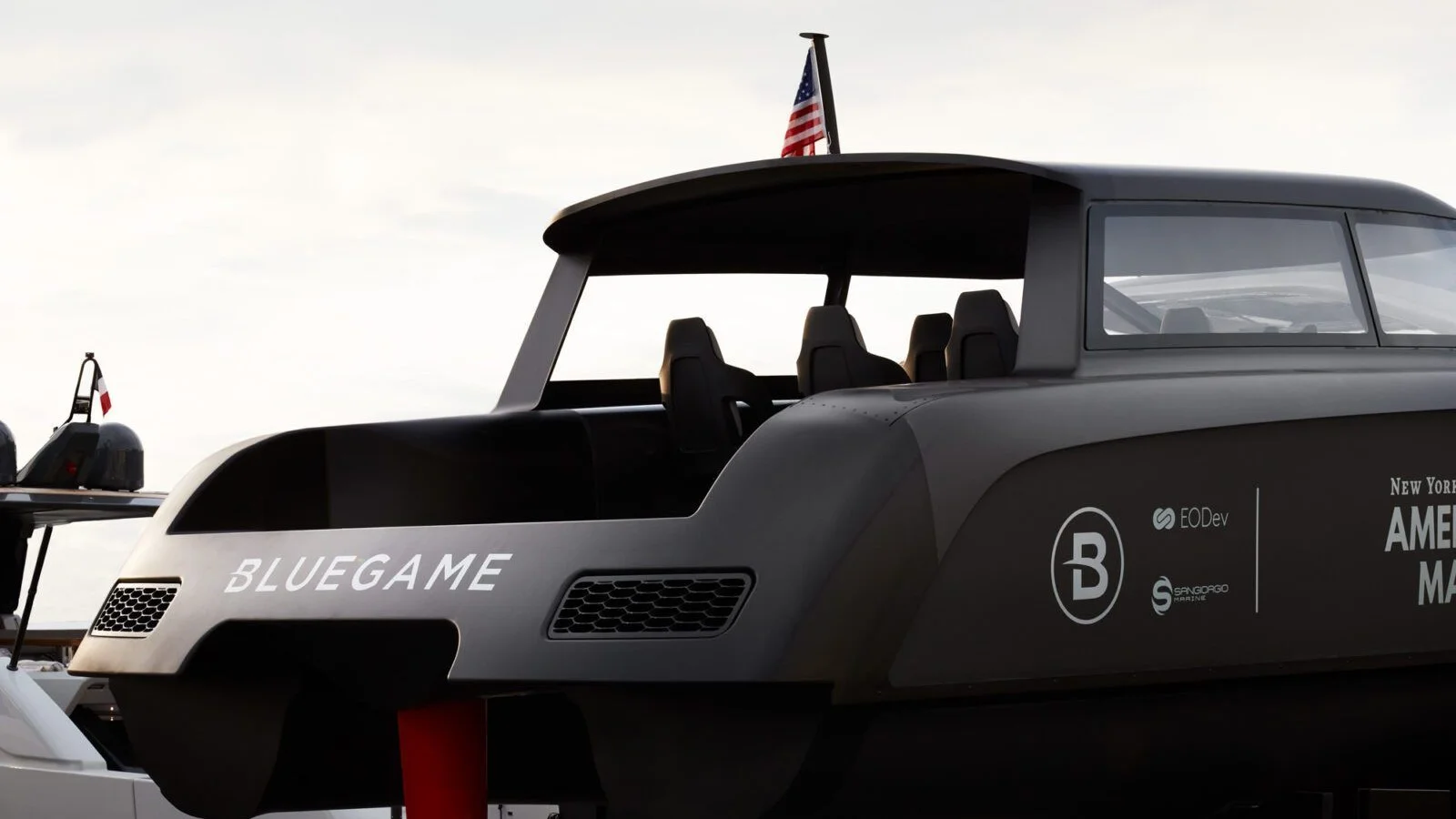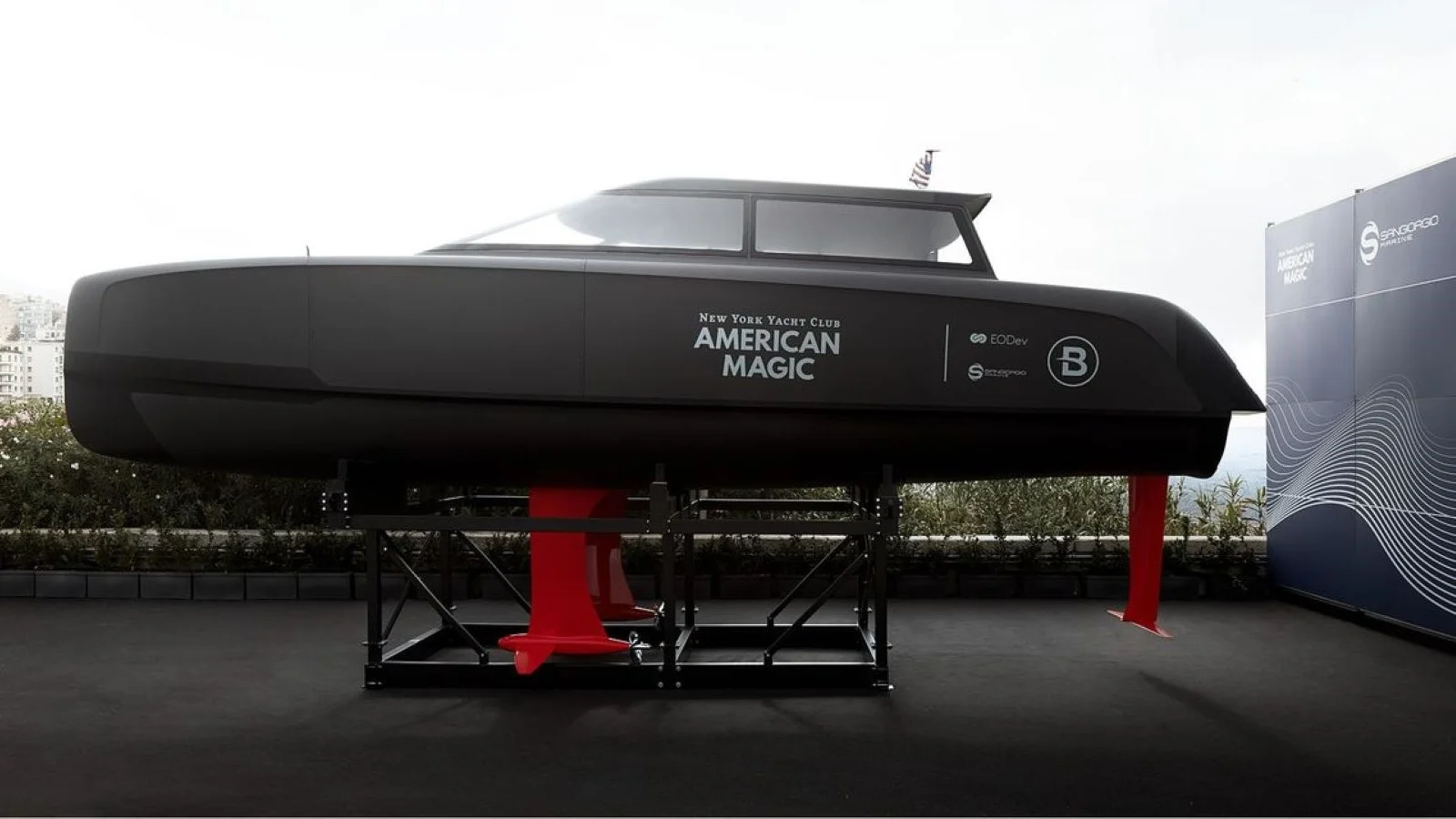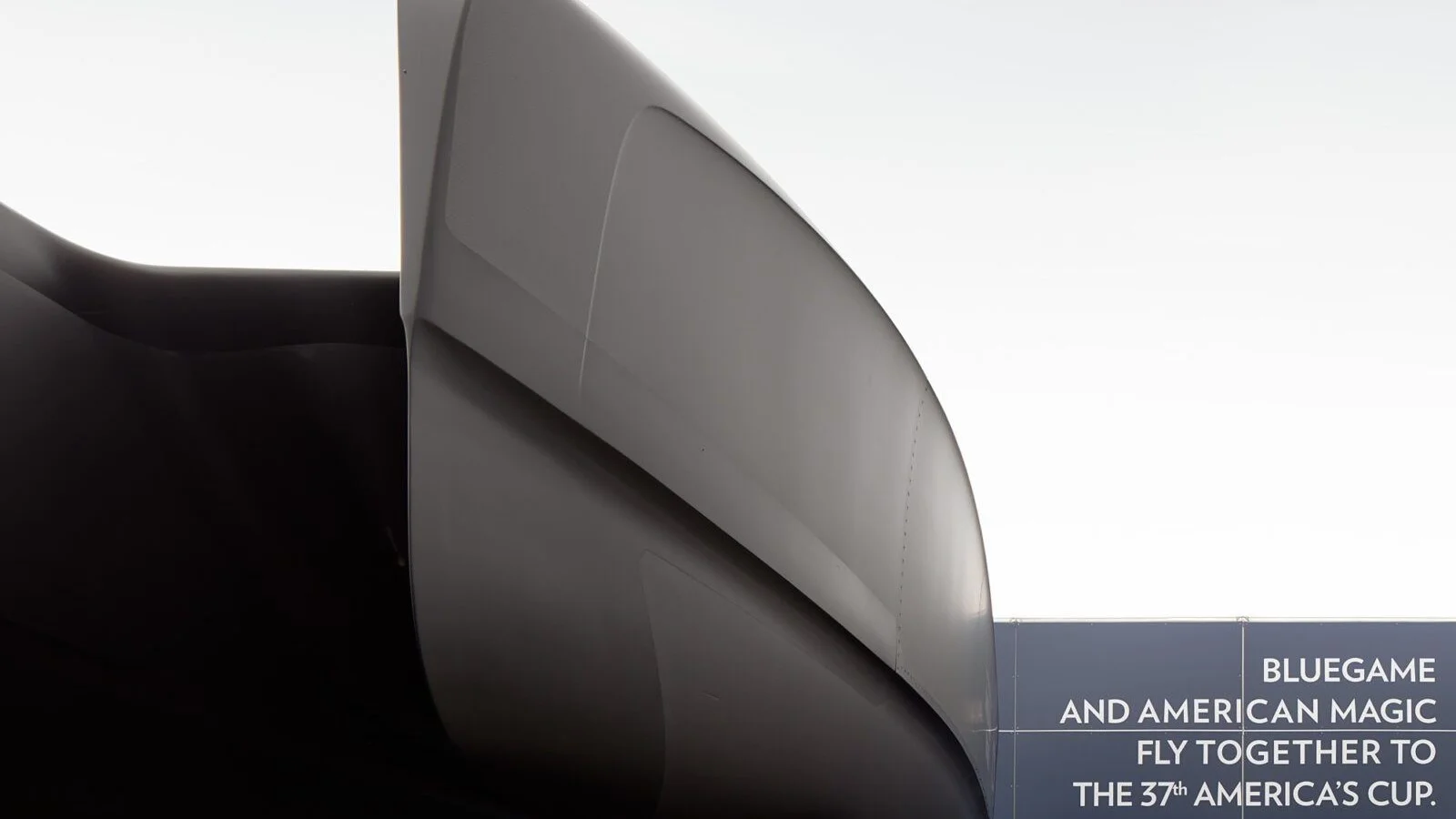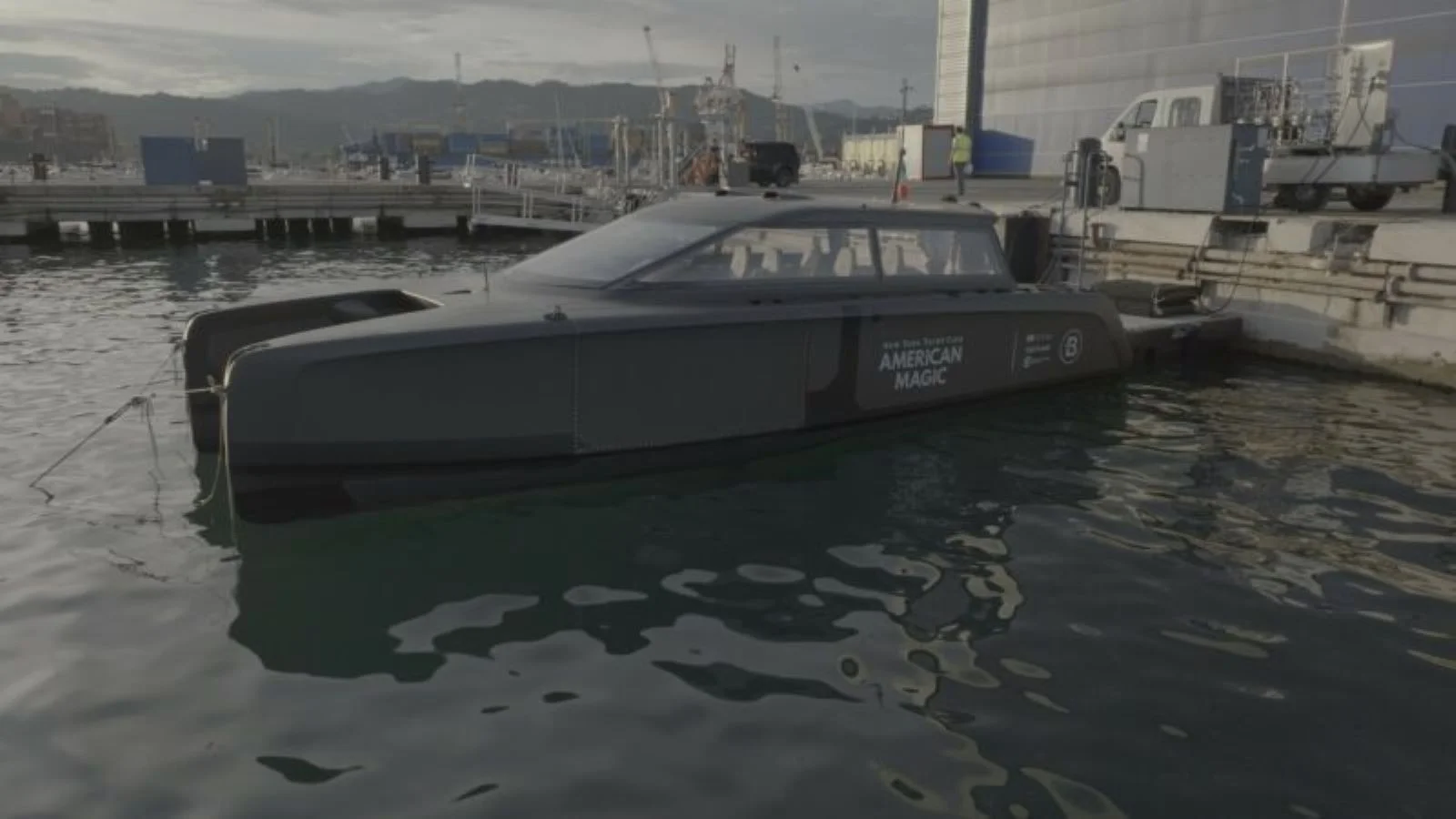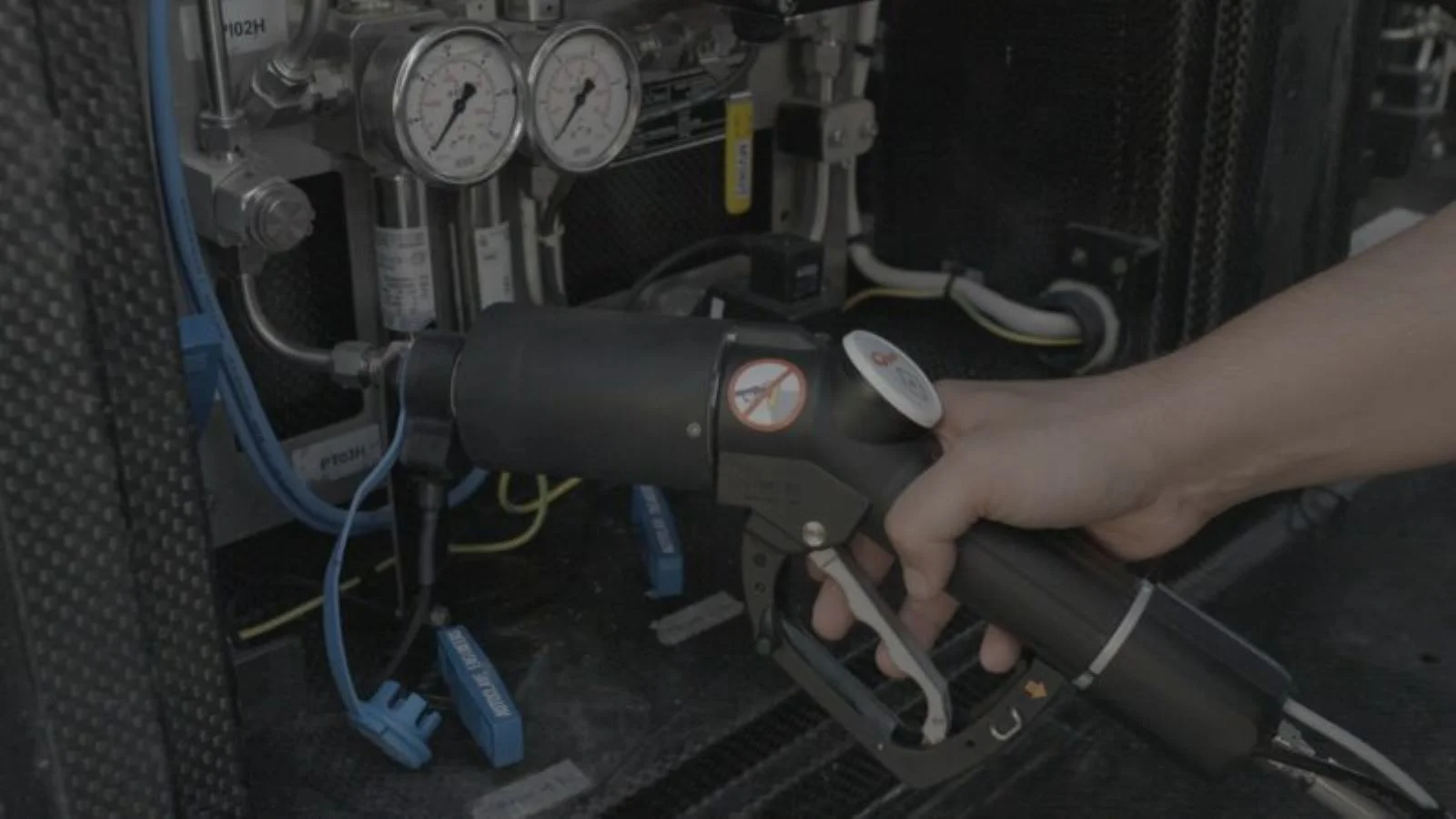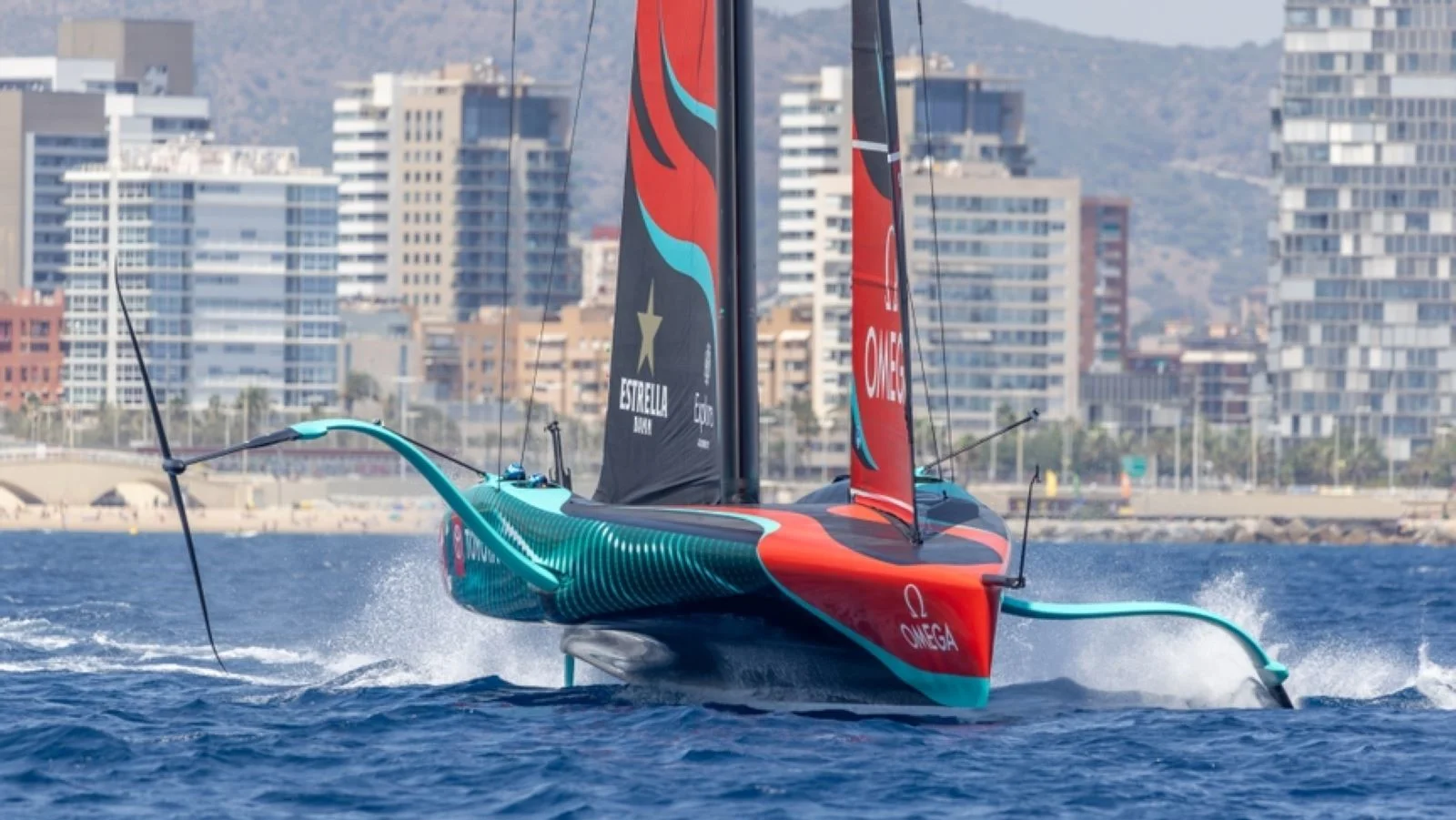Bluegame BGH-HSV: a hydrogen vessel with underwater foils
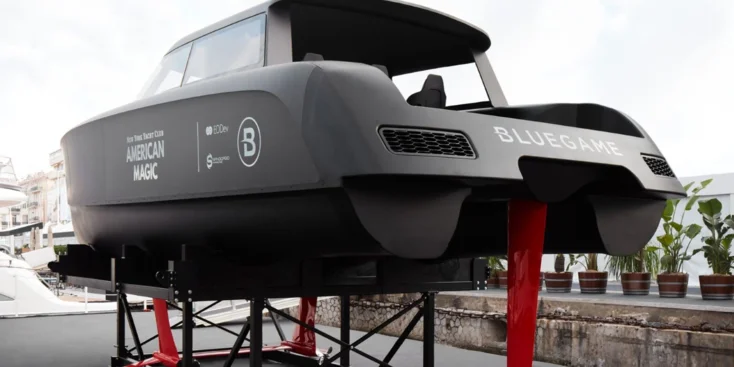
When Sanlorenzo Group demonstrated BGH-HSV scale model produced by one of its subsidiaries, Bluegame, at the Cannes Yachting Festival 2023, it was definitely not just another new motor boat
The vessel was designed as a chase boat for the America’s Cup regatta, scheduled to run for almost two months in 2024: from August 22 to October 20. It might seem that the role of the Bluegame BGH-HSV is just supporting for the main “character”, the sailing boat that will take part in the race. But as the America’s Cup is one of the world’s most hi-tech competitions, this tender had an honour to stand at the forefront of the green transition taking place in the yacht building industry.
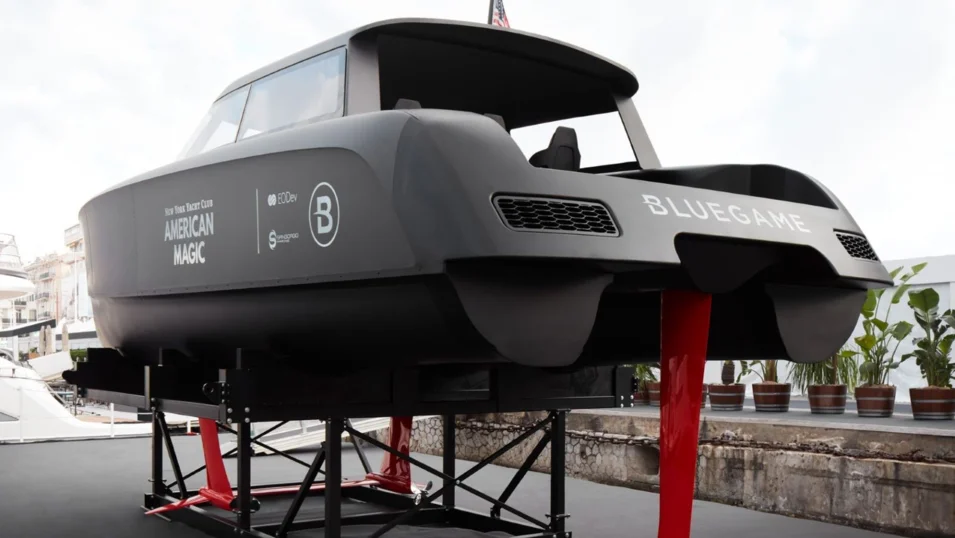
The Bluegame BGH-HSV is positioned as a revolutionary project for the entire industry. HSV stands for Hydrogen Support Vessel, and according to the manufacturer, along with eco-friendliness, she features amazing performance characteristics that equal those of the participants of the regatta. Just like the superfast AC75 Class sailing yachts, the 11-metre BGH-HSV has underwater foils and may reach a top speed of up to 50 knots!
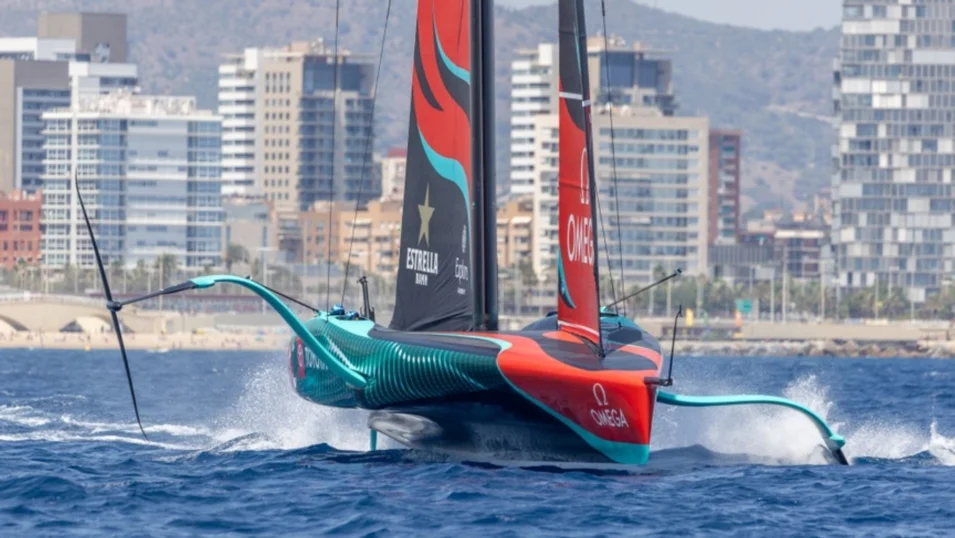
Paying tribute to the green agenda, a lot of shipyards have started designing carbon-neutral yachts, but Sanlorenzo is making a serious bid to be the leader here, as the Bluegame BGH-HSV is due to take part in the final race of the 37th America’s Cup. Her designers are sure she will show herself in all her glory.
Project’s background
Bluegame’s ambitious bid was determined by the change in the America's Cup’s protocol that the trophy holder (currently the Emirates Team New Zealand, or ETNZ) has the right to make. Along with sport requirements, now there is a set of strict ecological criteria that both racing boats and support vessels have to meet.
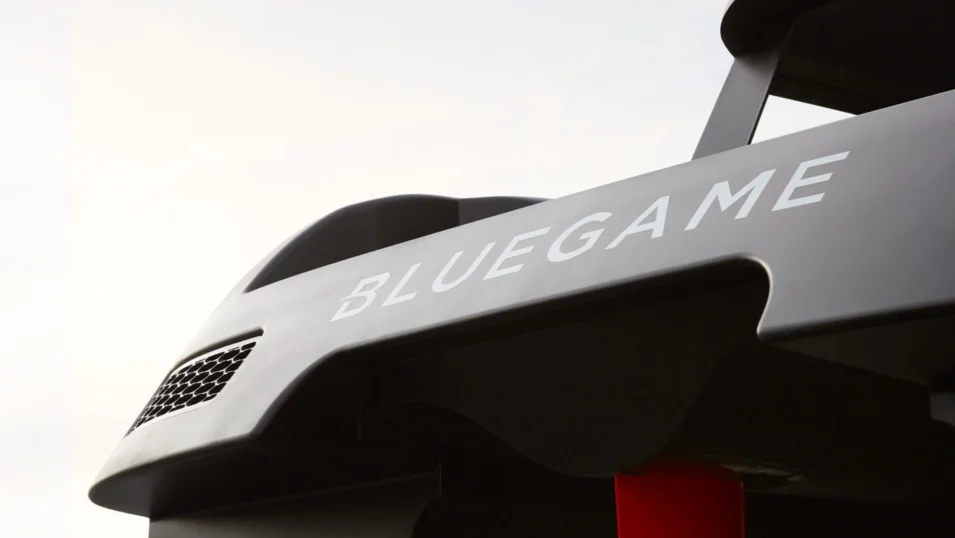
The chase boats’ LOA must be no less than 10 meters (33 ft), their top speed must reach up to 50 knots to be able to catch up with the racing boats; the range must be no less than 180 nautical miles, and the main requirement is no harmful emissions.
This proved to be a serious technical issue for all the teams. The Cup’s defenders, the New Zealanders, predictably became the pioneers: they started working on the new chase boat in 2021 and launched the prototype of the hydrogen powered foiling boat named Chase Zero early in 2022. The challengers joined the technological race later, too.
Being one of the best-known Italian shipbuilders, Sanlorenzo decided to accept the challenge, too. Especially since it already had a global strategy of decarbonization of its fleet anyway. As part of the sustainability strategy presented at boot Düsseldorf 2023, Massimo Perotti, Chairman and CEO of Sanlorenzo Group, identified two of its key priorities: a gradual transition to methanol-powered superyachts and the replacement of diesel fuel with hydrogen for the boats under 30 metres.
Like-minded people
The NYYC American Magic was the first to sign the contract with Bluegame. Later the project was joined by K-Challenge LAB, which is the world's leading sport-tech company owning the French team of the America’s Cup, Orient Express Racing Team, and it is the colours of this company that the BGH-HSV scale model featured at the Cannes 2023.
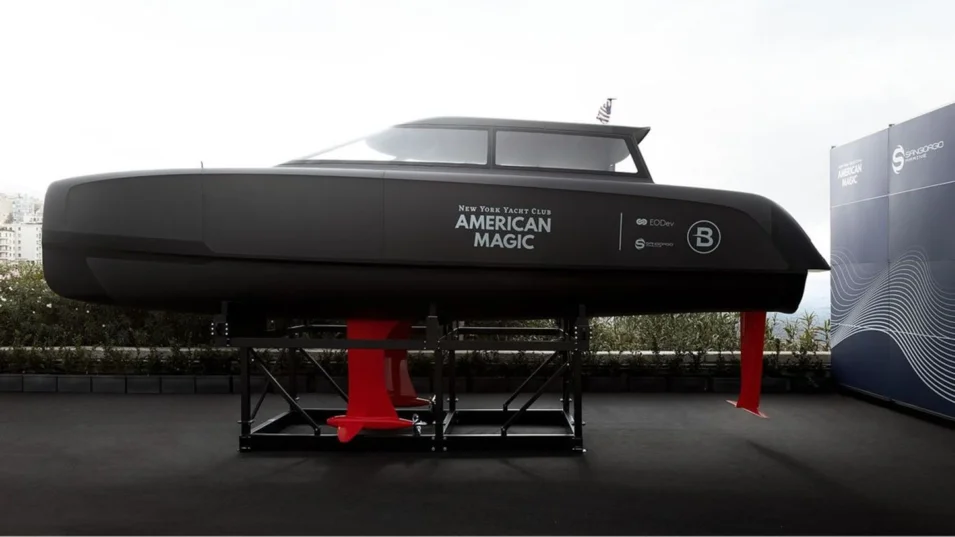
NatPower Group, specializing in innovative infrastructure for the production, storage and distribution of green hydrogen, became Bluegame’s key partner in the creation of the new kind of chase boat.
Bluegame shipyard that was founded in 2004 and joined Sanlorenzo Group in 2018, is famous for its motor yachts featuring excellent seaworthiness and innovative design that defies all stereotypes. It’s also interesting to note here that one of the founders of Bluegame, Luca Santella, is a yacht designer, and currently the head of Sanlorenzo’s product strategy. He is also an Olympic champion in sailing sport, which means that he has firsthand experience and practical knowledge of all the subtleties of a boat’s functions.
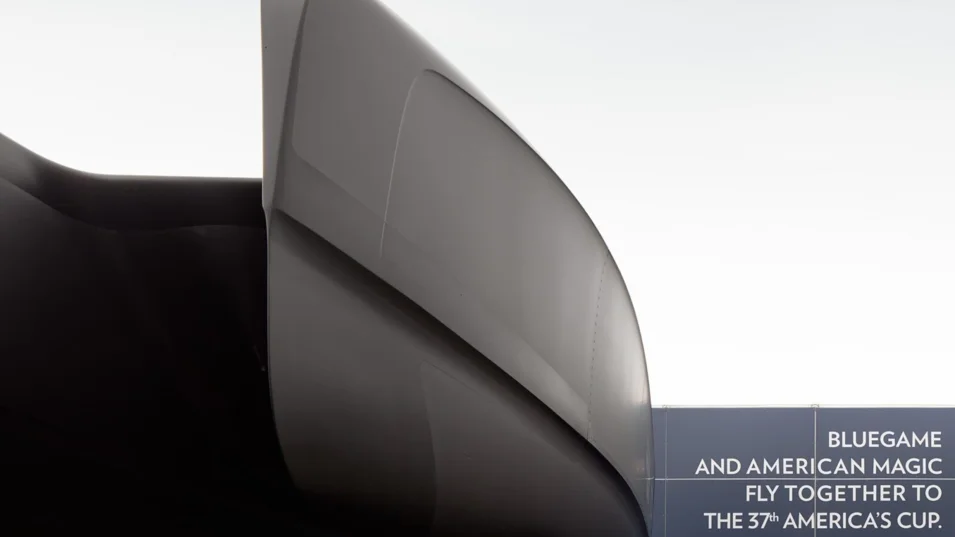
Most advanced solutions
In addition to Luca Santella, the BGH-HSV project team also includes such well-known designers as Philippe Briand and Mirko Oprandi. Bluegame boasts strongest know-how in the field of structures and composites, hull design and underwater foils. The software for the foil’s dynamic handling is developed by the programmers who had previously worked on the software for the ETNZ’s tender. However, the use of hydrogen for fuelling the propulsion turned out to be new for Bluegame and Sanlorenzo Group, as well as for the entire industry of luxury yacht building.
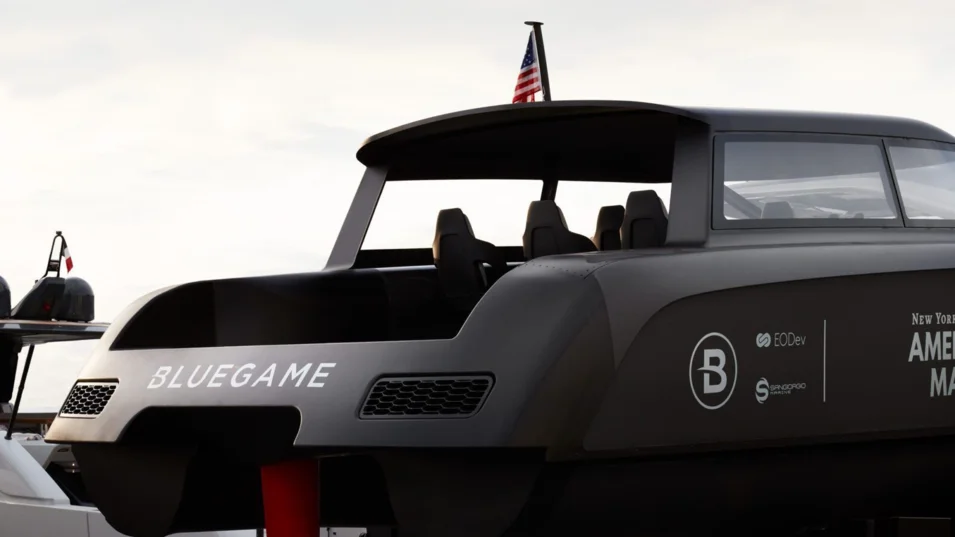
Despite the ubiquitous declarations about the green transition, so far just a few hydrogen boats have been built. The issue is that for some time their operation will be considerably more expensive than conventional yachts. The price is affected by the cost of producing hydrogen and developing the infrastructure. NatPower H started working on this issue.
“NatPower H is on the new route by creating the world's first comprehensive infrastructure for hydrogen refuelling in leisure boating. By using hydrogen as a green fuel, we can redesign the boating industry to be more responsible for the fragility of our marine ecosystem. This project revolutionises the Italian and international boating market, paving the way for new generations of zero CO2 emission boats”, said Andrea Minerdo, CEO of NatPower H.
First view
Not all the technical details of the BGH-HSV model have been revealed yet. But the key parametres are already available. The length of the boat is 10.8 m, the beam is 4.2 m. The all-carbon catamaran-type hull weighs about 5500 kg.
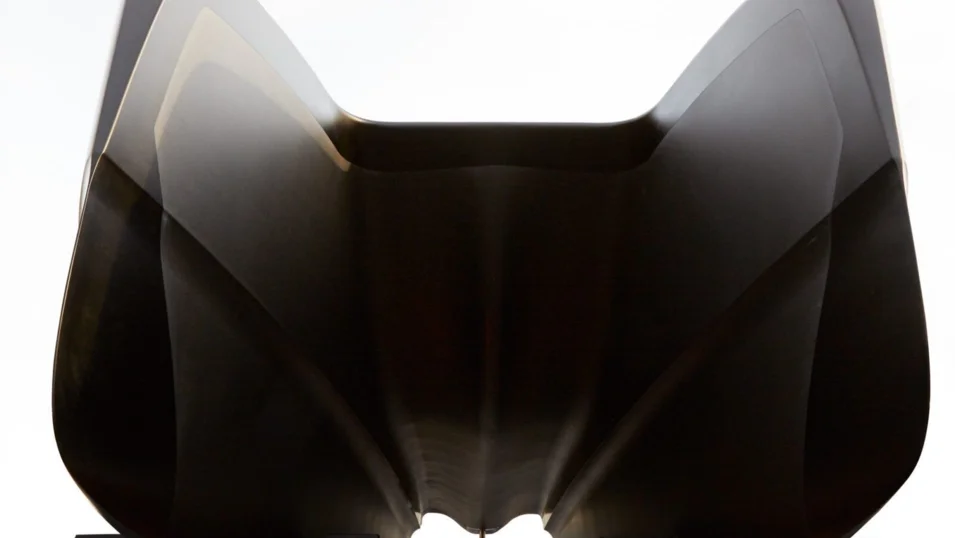
The enclosed hard top creates an aerodynamic superstructure that is open aft. Inside, there are seven anatomical seats, two of which are at the control panel, and the others are for the passengers. There is a head on board. The exterior of the vessel resembles the one built by ETNZ, but Luca Santella finds Bluegame design more attractive.
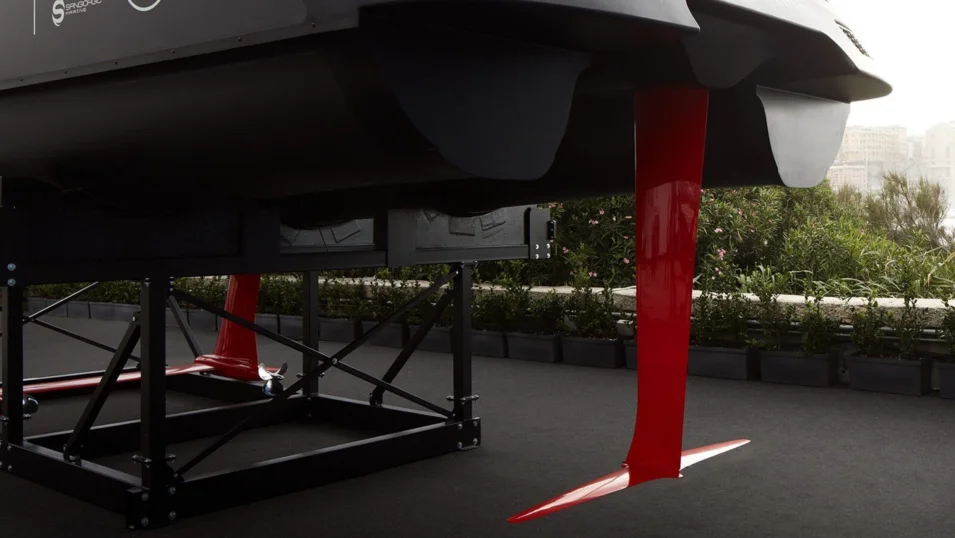
In the underwater part of the hulls amidships there are two rather wide hydrofoils. They also function as keels and are a place for fixing the propellers, too. The propellers here are not aft like those of conventional boats, but in the bulbs at the end of the foils. The bulbs also feture a couple of horizontal wings, while the aft foil that looks like a rudder blade has a T-shaped configuration.
The boat’s “flying” speed when she transitions from “ordinary” planing and rises above the water is 24 knots. The top one is 50 knots. The foils are managed with the help of electronics. The energy for the electric motors is generated by EODEV fuel cells (70 kW), while excessive electricity can be accumulated in the battery pack.
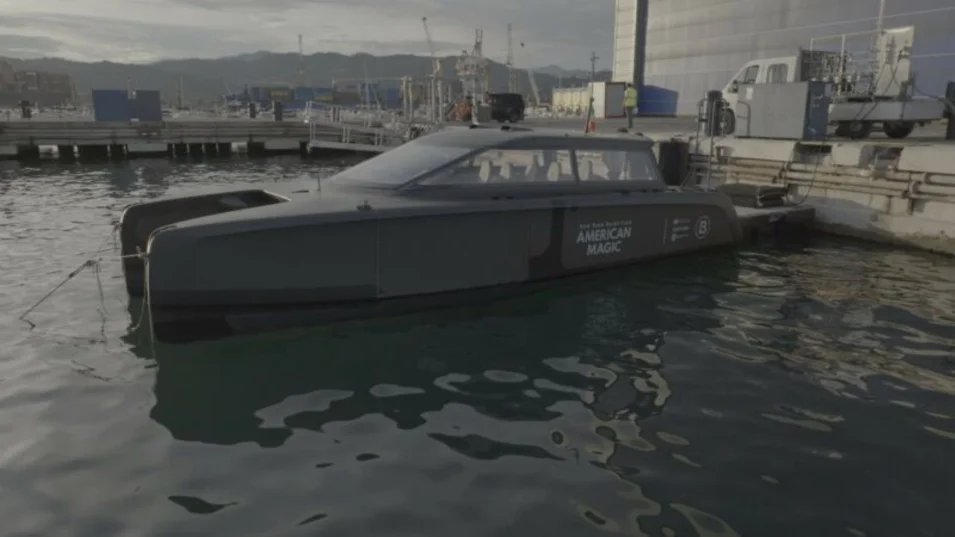
In June 2024 at the Sanlorenzo yard in La Spezia NatPower H completed the first ever refuelling of the BGH with green hydrogen at a pressure of approximately 180 bar. The operation was successful and took about 30 minutes. In July the tests went on and the operation was completed at a pressure of 350 bar. All the tests and trials are due to be over by autumn.
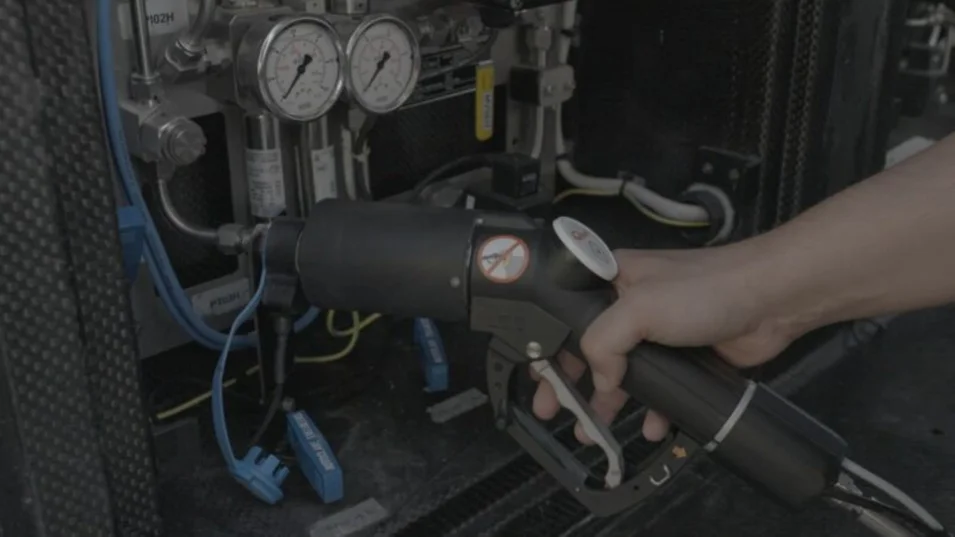
Instead of a conclusion
All 173 years of the America’s Cup’s history are full of technological breakthroughs significant for the entire yacht industry. They used to concern sailing boats only, but now the regatta has upped the ante and turned to the motor sector, too. It is likely that this will give a considerable boost to the “green” changes. We are currently at the very beginning of another evolutionary turn in motor yacht industry, and what kinds of surprises we are going to see in the near future – and there is no doubt that we will – is really exciting.
You have successfully subscribed to our newsletter
